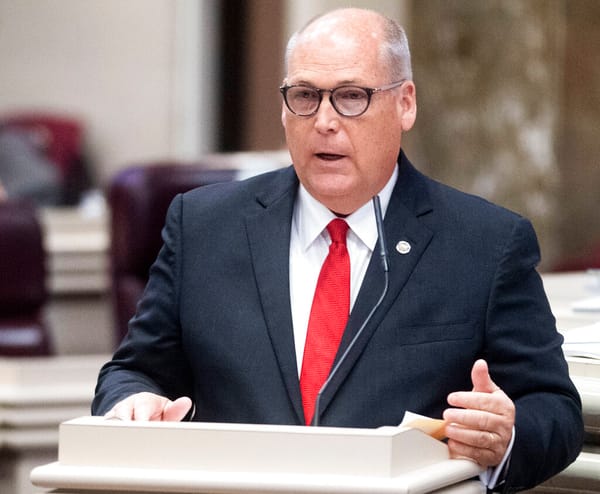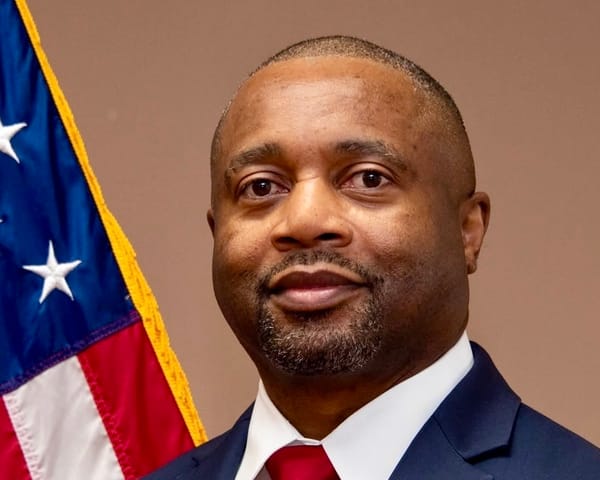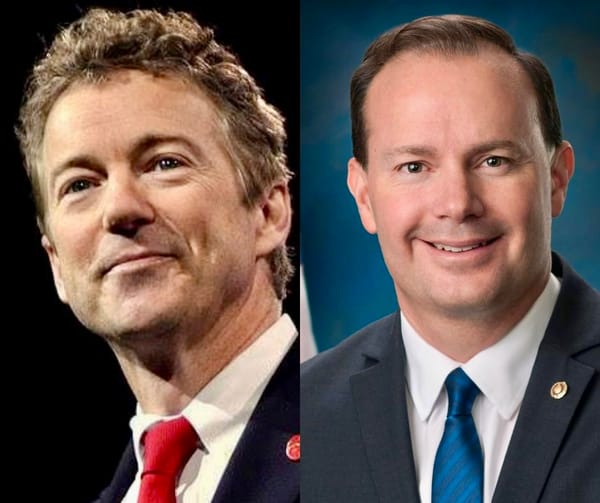Senate Republicans Invoke ‘Nuclear Option’ to Speed Confirmation of Trump Nominees
Rules change will allow clearance of nearly 150 nominees

On Thursday, September 11, 2025, Senate Republicans pushed through a rules change aimed at speeding up confirmations of President Donald Trump’s executive branch nominees. The chamber voted 53-45 along party lines—with Republicans possibly being galvanized into action by the assassination of Charlie Kirk—to allow for bulk votes, instead of individual votes, for many non-judicial, non-Cabinet positions. The change will allow the Senate to clear the nearly 150 appointments that are waiting.
Under the new rule:
- Multiple nominees may be confirmed together rather than one at a time
- The change applies to lower- and mid-level executive branch positions and ambassadors
- It does not cover Supreme Court justices, federal judges, or Cabinet members — these roles will still require individual treatment
Majority Leader John Thune (R-SD) argued that the old process had been abused by Democrats to delay routine confirmations. “The Senate has a responsibility to ensure that government can function,” Thune said, calling the Democrats’ use of procedural tactics “unsustainable and harmful to the work of the American people.” He emphasized that the change would still preserve full scrutiny for high-level and lifetime appointments.
Democrats pushed back strongly, warning that the new rules would weaken oversight and undermine the Senate’s role as a check on executive power. Senate Minority Leader Chuck Schumer (D-N.Y.) said the change amounted to “a dangerous erosion of the Senate’s duty to advise and consent.” He argued that every nominee deserves an individual review, particularly given controversies surrounding past Trump appointees. “When you rush people through in bulk, mistakes are made, and the American people pay the price,” Schumer said.
This is not the first time Senate rules have been altered in this way. In 2013, Democrats removed the 60-vote threshold for most executive branch and judicial nominations. And, in 2017 Republicans lowered the bar for Supreme Court confirmations.
Thune and other GOP leaders assert that restoring a faster process is restoring Senate precedent and clearing a large backlog of appointments made by President Trump.
The new rule is expected to allow confirmation votes on batches of nominees as soon as next week. Republicans already submitted a list of 48 nominees many of whom are seen as having passed committee but have been held up for floor votes.




